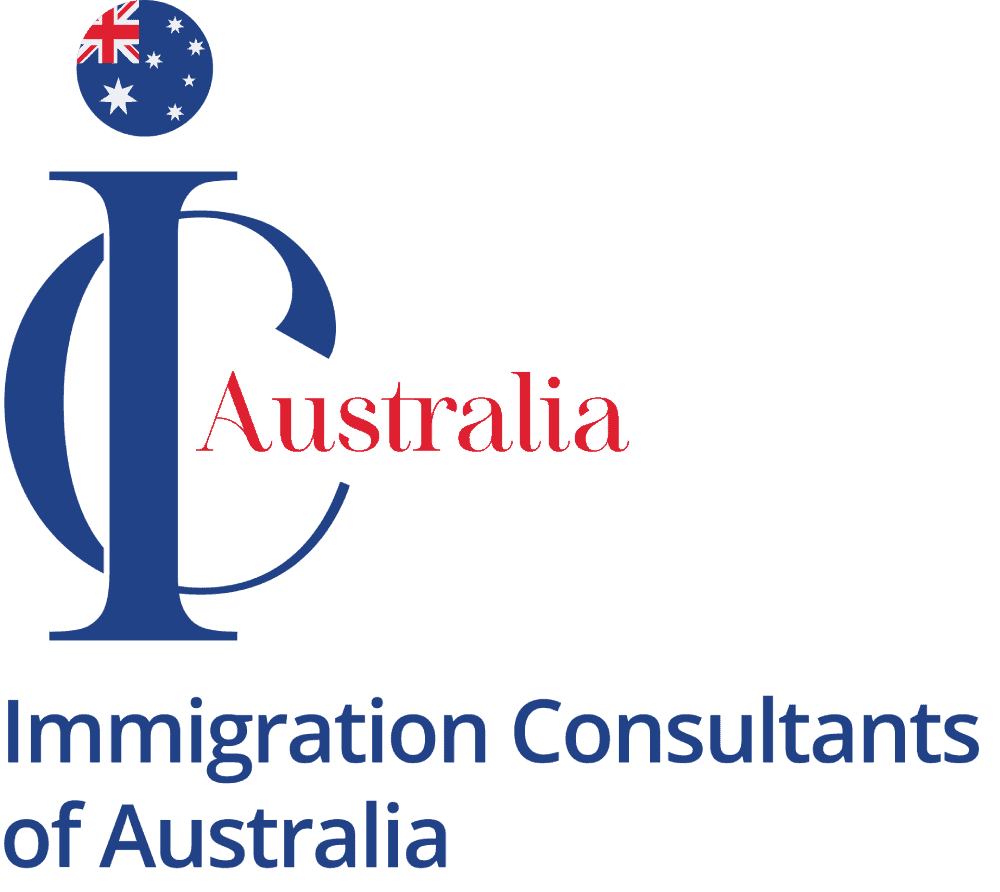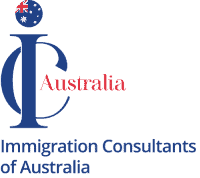Introduction: How to open a business in Australia as a foreigner
Planning to open a business in Australia as a foreigner? Get ready to embark on an exciting entrepreneurial journey! Australia, with its thriving economy and favorable business climate, is a lucrative destination for foreign investors. However, navigating through the legalities and procedures can be a bit daunting. But fret not! In this comprehensive step-by-step guide, we will walk you through the process of opening a business in Australia as a foreigner.
From choosing the right business structure to registering your company and obtaining the necessary permits, we will cover everything you need to know. We will also delve into understanding the tax obligations, hiring employees, and accessing government support programs available to foreign entrepreneurs.
Whether you’re looking to start a small sole proprietorship, launch a partnership, or establish a company with a corporate structure, this guide will provide you with the insights and information to help you make informed decisions and set up your business successfully in Australia.
So, let’s dive in and discover the essential steps you need to follow to turn your entrepreneurial dreams into reality Down Under!
Researching the Australian market
Before you open your business in Australia as a foreigner, it’s crucial to conduct thorough research on the local market. Understanding the demand for your products or services, identifying your target audience, and conducting a competitive analysis will help you make informed decisions and develop a solid business plan.
Firstly, identify the industry or sector you want to venture into. Study the market trends, consumer behavior, and competition in that particular field. This will give you insights into potential growth opportunities and challenges you may face.
Next, evaluate your target audience. Identify their needs, preferences, and buying behavior. Conducting market research surveys or interviews can provide valuable insights to tailor your products or services to the Australian market.
Additionally, analyze your competitors. Identify their strengths, weaknesses, and unique selling propositions. This will help you differentiate your business and develop a competitive advantage.
Remember, the more you know about the Australian market, the better equipped you’ll be to make strategic decisions and position your business for success.
Understanding the legal requirements and regulations
When you open your business in Australia as a foreigner, it requires complying with various legal requirements and regulations. Familiarize yourself with the Australian business laws and seek legal advice to ensure you’re on the right track.
Firstly, you’ll need to obtain an Australian Business Number (ABN). This unique identifier is essential for tax purposes and allows you to register your business name.
Next, choose a business structure that suits your needs. Options include sole proprietorship, partnership, company, or trust. Each structure has its own legal obligations and tax implications, so it’s crucial to understand the differences and choose the right structure for your business.
Once you’ve decided on the structure, register your business name with the Australian Securities and Investments Commission (ASIC). This will protect your brand and ensure no one else can use the same name.
Additionally, you may need to obtain specific permits or licenses depending on your industry. For example, if you’re opening a restaurant, you’ll need to comply with food safety regulations and obtain a food license.
It’s important to note that foreign investment in certain industries may require approval from the Foreign Investment Review Board (FIRB). Make sure to research if your business falls under this category and obtain the necessary approvals.
By understanding and fulfilling the legal requirements, you’ll ensure your business operates within the Australian legal framework and avoid any unnecessary complications.
Choosing the right business structure
Choosing the right business structure is a crucial step in setting up your business in Australia. Each structure has its own advantages, disadvantages, and legal obligations. Consider your long-term goals, risk tolerance, and tax implications when making this decision.
A sole proprietorship is the simplest structure, where you are the sole owner of the business. This structure is easy to set up and gives you full control but also exposes you to unlimited personal liability.
A partnership involves two or more individuals sharing the ownership and responsibilities of the business. Partnerships can be a good option if you want to share the workload and financial burden, but it’s crucial to have a well-drafted partnership agreement in place to avoid disputes.
A company is a separate legal entity from its owners, providing limited liability protection. This structure is recommended for businesses with high-risk activities or seeking outside investment. However, it involves more complex legal and financial obligations.
A trust is a structure where a trustee manages assets for the benefit of beneficiaries. It offers flexibility in distributing profits and protecting assets. Trusts are commonly used for family businesses or holding assets.
Consider consulting with a legal or financial advisor to determine the most suitable structure for your business based on your specific circumstances and goals.
Open your business in Australia as foreigner: Registering your business and obtaining necessary permits and licenses
Once you’ve chosen the right business structure, it’s time to register your business and obtain the necessary permits and licenses.
To register your business name, visit the ASIC website and complete the registration process. Make sure your chosen business name is unique and not already in use.
Next, apply for an Australian Business Number (ABN) through the Australian Taxation Office (ATO). This number is essential for tax purposes and allows you to conduct business in Australia.
Depending on your industry, you may need to obtain specific permits or licenses. For example, if you’re starting a construction business, you’ll need to obtain a builder’s license. Research the requirements for your industry and apply for the necessary permits in advance.
Consider trademarking your brand to protect your intellectual property. Registering a trademark gives you exclusive rights to use your brand name and logo, preventing others from using it.
By registering your business and obtaining the necessary permits and licenses, you’ll ensure that your business is operating legally and avoid any potential penalties or legal issues.
Open your business in Australia as foreigner: Setting up your business finances and banking
Setting up your business finances and banking is a crucial step in ensuring the smooth operation of your business in Australia. Here are some essential steps to follow:
Open a business bank account: Separate your personal and business finances by opening a dedicated business bank account. This will make accounting and tax reporting easier and help you keep track of your business expenses and income.
Obtain a Tax File Number (TFN): As a business owner, you’ll need to apply for a Tax File Number (TFN) for your business. This number is used for taxation purposes and is required when lodging tax returns.
Consider hiring an accountant: Hiring an accountant with knowledge of Australian tax laws and regulations can help you navigate through the complex tax system and ensure compliance. They can also provide valuable financial advice and assist with bookkeeping and payroll.
Set up a record-keeping system: Maintain accurate records of your business transactions, including invoices, receipts, and financial statements. This will help you track your business performance, prepare financial reports, and meet your tax obligations.
Implement a budget and cash flow management: Develop a budget to forecast your income and expenses and manage your cash flow effectively. This will help you make informed financial decisions and ensure the financial stability of your business.
By setting up your business finances and banking correctly, you’ll have a solid foundation for managing your business’s financial aspects and making informed financial decisions.
Open your business in Australia as foreigner: Hiring employees and understanding employment laws
If you plan to hire employees for your business in Australia, it’s essential to understand the employment laws and obligations to ensure a fair and compliant work environment. Here are some key points to consider:
Familiarize yourself with the Fair Work Act: The Fair Work Act governs employment relations in Australia and sets out the rights and obligations of employers and employees. Understand the minimum wage requirements, working hours, leave entitlements, and termination procedures.
Obtain an Australian Business Number (ABN): If you hire contractors or freelancers, they may require an ABN. Make sure to check the classification of workers to determine if they are employees or contractors.
Develop employment contracts: Draft comprehensive employment contracts that clearly outline the terms and conditions of employment, including wages, hours of work, leave entitlements, and termination procedures. Seek legal advice to ensure compliance with Australian employment laws.
Register for Pay As You Go (PAYG) withholding: If you have employees, you’ll need to register for PAYG withholding and withhold tax from their wages. This tax is then remitted to the Australian Taxation Office (ATO) on their behalf.
Understand workplace health and safety regulations: Ensure your workplace meets the health and safety standards outlined by Safe Work Australia. Implement appropriate safety measures, conduct regular risk assessments, and provide necessary training to ensure a safe work environment.
By understanding and complying with employment laws, you’ll create a fair and compliant workplace, attracting and retaining talented employees for the success of your business.
Open your business in Australia as foreigner: Developing a marketing and branding strategy
To successfully launch and grow your business in Australia, it’s crucial to develop a robust marketing and branding strategy. Here are some key steps to consider:
Identify your target audience: Understand your target audience’s demographics, interests, and preferences. This will help you tailor your marketing efforts and messages to resonate with them.
Create a compelling brand: Develop a strong brand identity that reflects your business values, vision, and unique selling propositions. Design a memorable logo, choose brand colors, and develop a consistent brand voice.
Build an online presence: Establish a professional website and optimize it for search engines (SEO). Create engaging social media profiles on platforms where your target audience is active. Use content marketing, social media marketing, and search engine marketing to attract and engage potential customers.
Utilize local marketing channels: Consider advertising in local directories, newspapers, and industry-specific publications. Sponsor local events or collaborate with other businesses to increase your brand visibility in the local community.
Leverage email marketing: Build an email list of interested prospects and customers and develop an email marketing strategy to nurture relationships, promote your products or services, and drive repeat business.
Track and analyze results: Use analytics tools to track the performance of your marketing campaigns. Analyze the data to identify successful strategies and areas for improvement.
By developing a strong marketing and branding strategy, you’ll increase your brand awareness, attract customers, and drive business growth in the Australian market.
Open your business in Australia as foreigner: Building a customer base
It’s time to open your business in Australia as foreigner and start building a customer base in Australia. Here are some key steps to consider:
Plan a launch event: Create buzz around your business by organizing a launch event. Invite local influencers, media, and potential customers to showcase your products or services and generate excitement.
Offer introductory promotions: Encourage customers to try your products or services by offering introductory promotions, discounts, or free trials. This will help you attract new customers and generate positive word-of-mouth.
Leverage social media: Use social media platforms to promote your business, share updates, and engage with your target audience. Encourage customers to leave reviews and testimonials to build trust and credibility.
Partner with local businesses: Collaborate with other local businesses or influencers in complementary industries to expand your reach and tap into their customer base. Cross-promotion can be a powerful marketing strategy.
Provide exceptional customer service: Focus on delivering excellent customer service to build strong relationships and encourage customer loyalty. Respond promptly to customer inquiries, provide personalized experiences, and address any issues or concerns promptly.
Collect customer feedback: Regularly seek customer feedback to understand their needs, preferences, and areas for improvement. This will help you refine your products or services and enhance the customer experience.
By implementing these strategies, you’ll create a strong foundation for your business and start building a loyal customer base in Australia, setting the stage for long-term success.
Conclusion: Tips to open a business in Australia as a foreigner
Congratulations on successfully opening your business in Australia as a foreigner! Here are some final tips for success and ongoing support:
Remember, starting and running a business in Australia as a foreigner requires dedication, perseverance, and a willingness to learn. With the right mindset and a solid strategy, you can turn your entrepreneurial dreams into a thriving reality Down Under!
Ready for your Australian immigration journey? Do you need help starting the Australian immigration process? If so, contact ICAustralia today! We simplify the application process and increase your chances of success. Additionally, we guarantee a smooth and successful immigration experience to Australia by crafting a personalized immigration plan that aligns with your unique profile and aspirations. As well, we offer comprehensive assistance and guidance from a regulated MARA agent and manage the application submission process on your behalf.
Start your Australian dream by contacting ICAustralia today!


